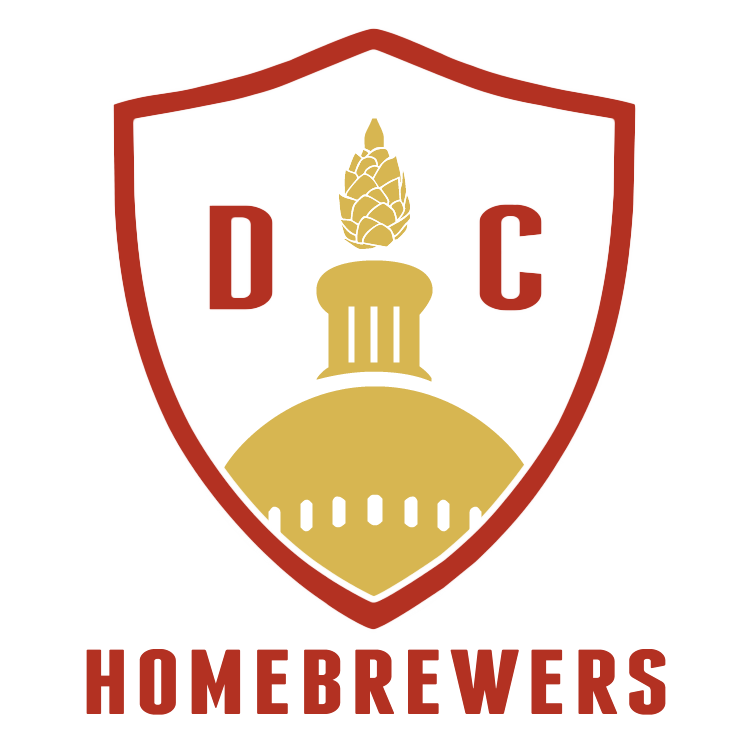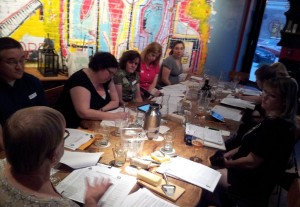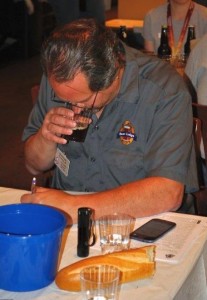Most people who came to the meeting at Right Proper last night had a chance to taste the experimental comparison beers I brought. I learned a lot by brewing and tasting them, and I hope everyone else did as well. When we brew even simple batches, there are so many variables that it’s hard to know what causes a certain flavor in beer. The idea is simple: isolate one variable and alter it in a meaningful way.
The base beer was simple, an American Blonde ale clocking in at about 3.5%-4% ABV (depending on the yeast). It was an all grain batch made of 80% 2-row and 20% wheat, and mashed in at 130°F with rests at 145°F and 155°F. I used Columbus hops for a 60 min bittering addition targeting 12 IBUs. Sixty minute boil. Fairly bland.
I then cooled the wort to 65°F, divided it into 5 one gallon glass containers and pitched 5 different yeasts from the Fermentis dry yeast lineup:…
Read More


